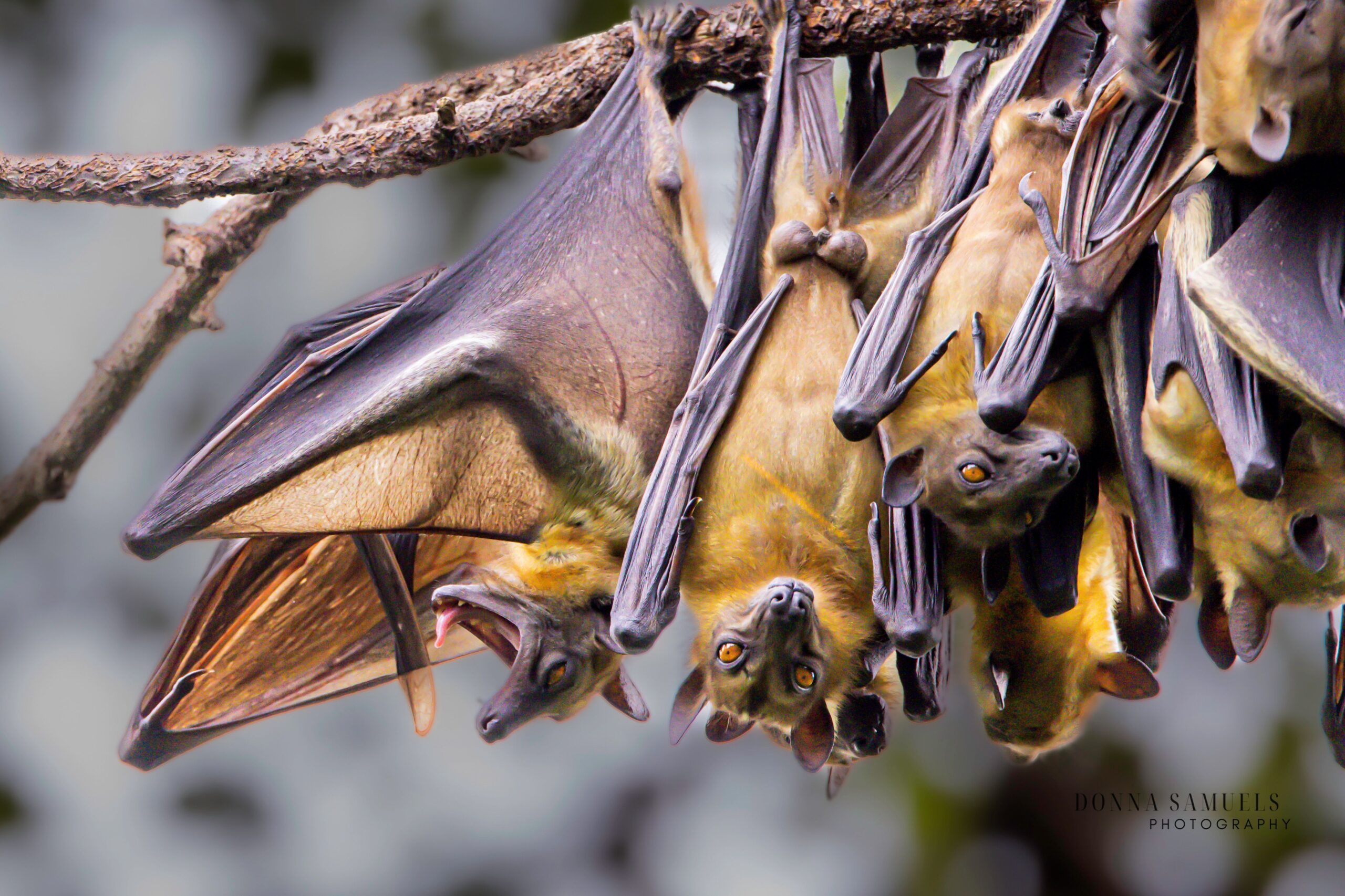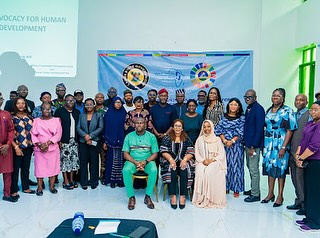Wild Africa, a Conservation Organisation, has called on the Nigerian government, the private sector, and conservation organisations to urgently step up efforts to protect Nigeria’s threatened bat species.
This is contained in a statement signed by Mr Festus Iyorah, Nigeria’s Representative, Wild Africa, on Thursday in Lagos to mark the International Bat Appreciation Day, 2025.
The statement said that Nigeria is home to approximately 100 bat species, representing one-third of all bats in Africa.
It noted that many of these species were facing extinction.
It said that the International Union for the Conservation of Nature (IUCN) Red List (2025) identified several Nigerian bats, including the critically endangered short-tailed roundleaf bat, as being at high risk of disappearing.
The statement explained that Bats in Nigeria face multiple threats, including deforestation, mining, logging, agricultural expansion, light pollution, and the bushmeat trade.
“Fruit bats, especially the straw-coloured fruit bat—Africa’s most hunted bat—are commonly consumed across Nigeria.
“This poses ecological and public health risks, as bats are known carriers of zoonotic diseases that can be transmitted to humans when consumed,” the statement said.
The statement quoted Dr Mark Ofua, Wild Africa’s West Africa Spokesperson as saying:
“Today, we celebrate the silent guardians of the night, nature’s tiny heroes who keep the ecosystems in balance. We must learn how to coexist with them and give them room to thrive once more, so we can thrive as well.
“I look forward to the passage of the Endangered Species Conservation and Protection Bill currently before the House of Assembly, which is set to strengthen protections for our wildlife, including bats, and the forests and ecosystems vital to their survival.”
The statement said that Bats provide essential ecosystem services: insect-eating species help control pests that damage crops, while fruit bats pollinate and disperse seeds for many wild and cultivated plants like mangoes, bananas, guavas, and baobabs.
Alluding to Studies, the statement said that bats and birds save farmers up to $478 per hectare per year on cocoa farms in Cameroon by reducing pest populations under shaded canopy conditions.
It said that Wild Africa is using a combination of radio, TV, billboards, newspaper publications, and Public Service Announcements (PSAs) to highlight Nigeria’s conservation needs for both wildlife and wild spaces.
It added that the advocacy featured influential Nigerian ambassadors such as 2Baba, Nela Duke Ekpenyong, Josh2Funny, and other influential people.
“On International Bat Appreciation Day, Wild Africa calls on all Nigerians especially the policymakers at the National House of Assembly, to support the new bill and help secure a future for the country’s bat populations and broader biodiversity,” the statement said.








wry25q
0adgsz
p1nc3k
8odrrp
acr8nm
acr8nm
qh3hj4
Can’t wait to read more posts like this. Subscribed!
Short but packed with value. Love it!
Thanks for breaking this down so simply!